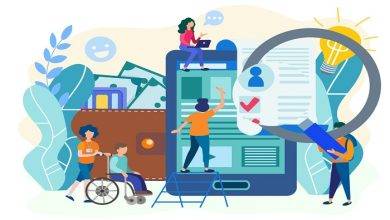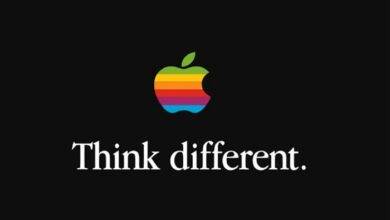
iOS is operating software built by the current trillionaire company Apple. It was into the revolutionary smartphone iPhone, initiated by the great innovator Steve Jobs in 2007.
iOS has the claim to be the most secure operating software accessible to consumers in the mainstream. In the entire circumspect, excluding military and high-end devices, IOS remains the synonym for security, privacy protection, and soars in popularity ranks.
Protection & Restriction
To probe this question, one must hover over the idea of the targeted consumer. Apple sells its products to a specific section of the market, the niche market.
In the Forbes census, the publisher stated that Android (another OS) dominates 80% of the entire market. Tech giants such as Samsung, Huawei, HTC all integrate Android into their built smartphones. Even with such a seemingly small percentage, Apple reached the trillion net worth mark in 2019, becoming the first company in Silicon Valley to achieve such a feat.
The consumer base of Apple revolves around dignitaries, people in business, CEOs, etc. And this provides quintessential information that the buyers involved are delegates of great importance. Their usage will vary significantly differently from that of a regular user.
The famous stockbroker, Jordan Belfort, has been recorded to state that his smartphones are enough to track the stock exchange pulse. Such works require magnanimous protection since these are information veiling billions of dollars. If hacked or trickled down into the mainstream, these can cause the business to collapse since their business strategy will no longer be a secret. Business shares and dominance will crumble in turn. These sensitive excerpts require vast amounts of shielding, for these can directly affect the economy of a country, causing market shifts and supply and demand failures hitherto unforeseen. Thus, restriction and protection are primary concerns.
Surge in Popularity
To the degree of popularity, Apple has advertised iOS as holding the moon in the hands. It’s a precious piece of human ingenuity, shared with anyone who can afford it, irrespective of human capital. Thus, personages of immense importance blend into their societal boundary quite easily with the usage of iPhones and I-products. It has transformed into a social class statement, replacing the fancy wooden canes and ivory watches of the 1800s.
Along with a social disclosure of wealth, iOS is relatively cheaper than custom-built operating software. Custom development can inflict deep dents into the bank account of the individuals. And, although they provide greater security, the opportunity cost signals a lousy trade-off.
Practicality also justifies the use of iOS since these are mainstream brands. We can overcome any accidental mishap easily by consuming a new iPhone, not a choice for custom development. This malleability of ease and class uplifts the operating system’s stardom with each passing minute.
In conclusion, iOS is a revolutionary innovation, carving the face of technological advancements each day. The wave of ingenuity propagated by the late Steve Jobs has undoubtedly kept its integrity over time, highlighting it in the realm of communication.




